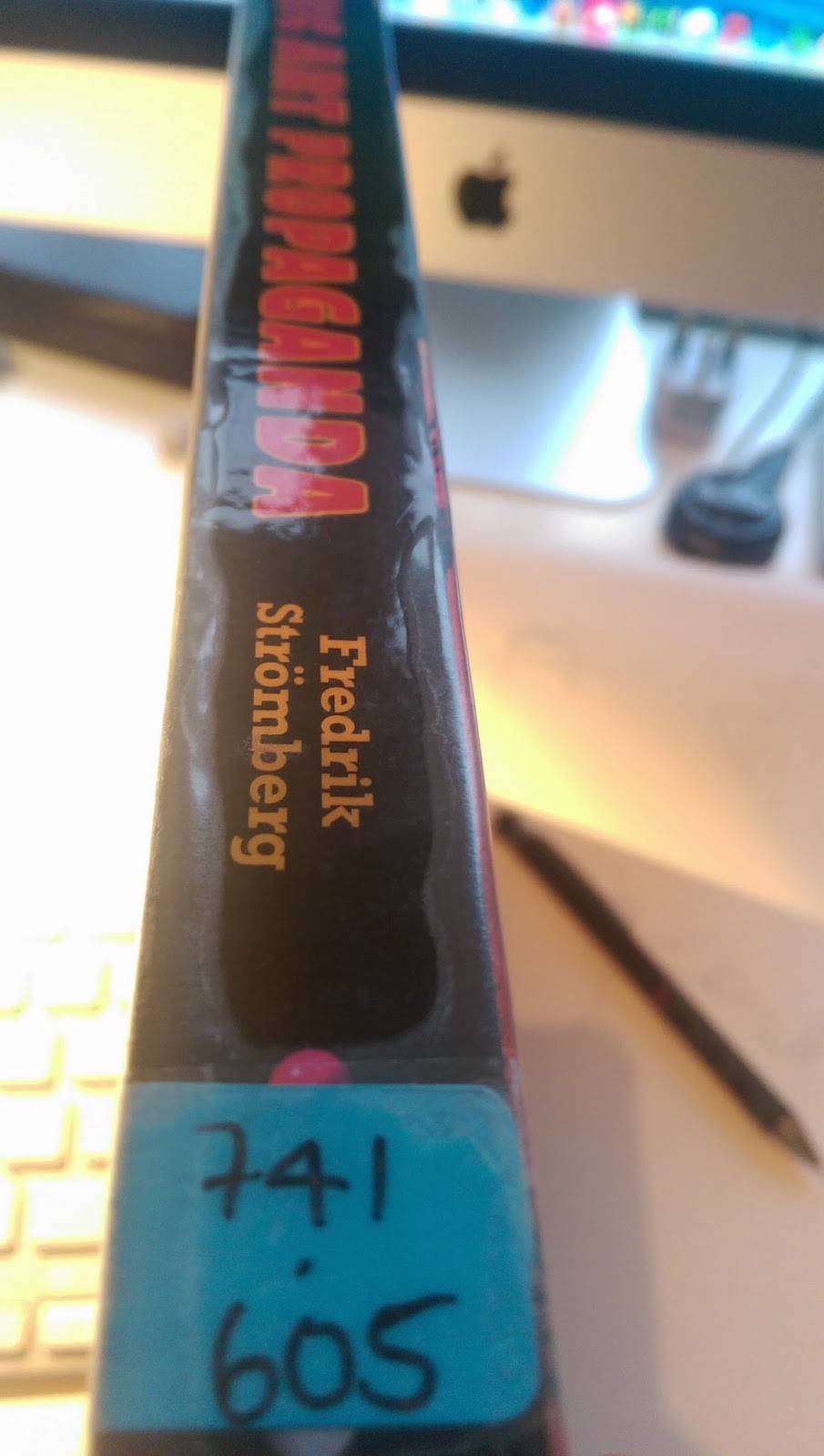The poster is thought to
have been used in World war One to recruit troops to go fight for they country
and king. It was designed and produced to feature on the front of the magazine London Opinion magazine by Graphic Designer
Alfred Leete. It features the face of war leader Lord Kitchener who was a
popular leader in the eyes of the public but dint have a strong political
backing. It is said he was creator and leader of mass army’s around the world.
But it seems that in recent years the poster has been discovered to be a fake
and was not and did not look like it does now when it was used.
The poster has large red text on the top with the
simple word Britons, a direct call to
all British people, then under that is the image of Lord Kitchener pointing his finger at you and its said it follows
you around a room if you move, that’s with the text directly under it saying wants you in black text the wants is
very small in comparison to the you which
is again in large bold text. At the bottom of the poster is the text Join your country’s Army! with the bold
statement of God save the king sitting at
the bottom of the poster. All this is placed on a organist coloured paper.
I
feel that the posters direct aim was to appeal directly to the viewer and play
the patriotic card. This makes the viewer feel wanted and without them they
beloved country could fall in to enemy hands if they don’t join the cause and
fight for king and country.
The way in which the poster has been designed
would have made the people feel patriotic and a sense of warped pride that by
going to war will help defeat the enemy and save the country from defeat and
capture. I feel that the main parts of the poster that do this are the main
header BRITONS and the big bold YOU, these are the elements that make
the poster personal to which every British civilian is viewing the poster. Not
only does it affect the males that will go off to fight in the war I also feel
it would have had a direct appeal to the women of the nation to downing they
daily duty’s and joining the cause by falling in to the empty factory’s and
warehouses to take the roles of the men. With out this direct approach to the
viewer the whole country could of ground to a halt and stopped, but instead it
feels like it could of rallied everyone together to work as one. The image of Lord Kitchener is somewhat intimidating
with him pointing his finger directly at you and his eyes that seem to be
judging you on what decision you make they and then.


